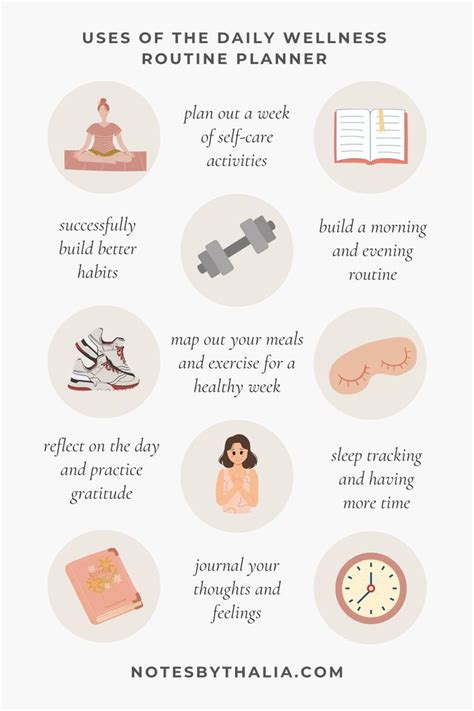Introduction
Pets are an important part of our lives, and it’s essential to take good care of them. A healthy pet is a happy pet, and a happy pet is a joy to have around. There are many things you can do to keep your pet healthy, including providing them with a well-balanced diet, regular exercise, and plenty of love and attention.

Regular checkups with your veterinarian are also crucial for keeping your pet healthy. Your vet can help you identify and treat any health problems early on, before they become more serious. In addition, your vet can provide you with advice on how to best care for your pet based on their individual needs.
Routines vs. Habits
There is a difference between routines and habits. A routine is something that you do on a regular basis, while a habit is something that you do automatically. For example, feeding your pet twice a day is a routine, while grooming your pet once a week is a habit.
Both routines and habits are important for your pet’s health. Routines provide your pet with a sense of structure and predictability, while habits help to keep your pet healthy and well-groomed.
Essential Routines for Pet Wellness
There are several essential routines that you should follow to keep your pet healthy. These routines include:
- Feeding: Feed your pet a well-balanced diet that is appropriate for their age, weight, and activity level. Feed your pet twice a day, at regular times.
- Exercise: Exercise your pet regularly. The amount of exercise your pet needs will vary depending on their age, breed, and activity level. However, most pets need at least 30 minutes of moderate exercise each day.
- Grooming: Grooming your pet helps to keep them clean and healthy. Brush your pet’s fur regularly to remove dirt and debris. Bathe your pet as needed, using a shampoo that is specifically designed for pets.
- Veterinary checkups: Take your pet to the veterinarian for regular checkups. Your vet can help you identify and treat any health problems early on, before they become more serious.
- Dental care: Brush your pet’s teeth regularly to help prevent dental disease. You can also give your pet dental chews to help keep their teeth clean.
Beneficial Habits for Pet Wellness
In addition to routines, there are also several beneficial habits that you can adopt to help keep your pet healthy. These habits include:
- Providing a safe environment: Make sure your pet’s environment is safe and free of hazards. This includes keeping your pet away from poisonous plants and chemicals, and providing them with a safe place to sleep and play.
- Providing plenty of water: Make sure your pet has access to fresh, clean water at all times.
- Monitoring your pet’s health: Pay attention to your pet’s behavior and appearance. If you notice any changes, such as changes in appetite, energy level, or behavior, contact your veterinarian immediately.
- Being aware of your pet’s needs: Get to know your pet’s individual needs. This includes understanding their activity level, grooming needs, and dietary requirements.
- Providing love and attention: Pets need love and attention to thrive. Make sure you spend time with your pet each day, playing with them, petting them, and talking to them.
Conclusion
By following these routines and habits, you can help keep your pet healthy and happy for many years to come. Remember, a healthy pet is a happy pet, and a happy pet is a joy to have around.
Additional Tips for Pet Wellness
Here are a few additional tips for keeping your pet healthy:
- Spay or neuter your pet: Spaying or neutering your pet can help prevent certain health problems, such as cancer and unwanted pregnancies.
- Vaccinate your pet: Vaccinations can help protect your pet from serious diseases. Talk to your veterinarian about which vaccinations are right for your pet.
- Use flea and tick prevention: Fleas and ticks can carry diseases that can be harmful to your pet. Use a flea and tick prevention product that is specifically designed for pets.
- Be prepared for emergencies: Keep a first-aid kit on hand for your pet in case of emergencies. The kit should include items such as bandages, gauze, antiseptic, and pain relievers.
By following these tips, you can help keep your pet healthy and happy for many years to come.





















